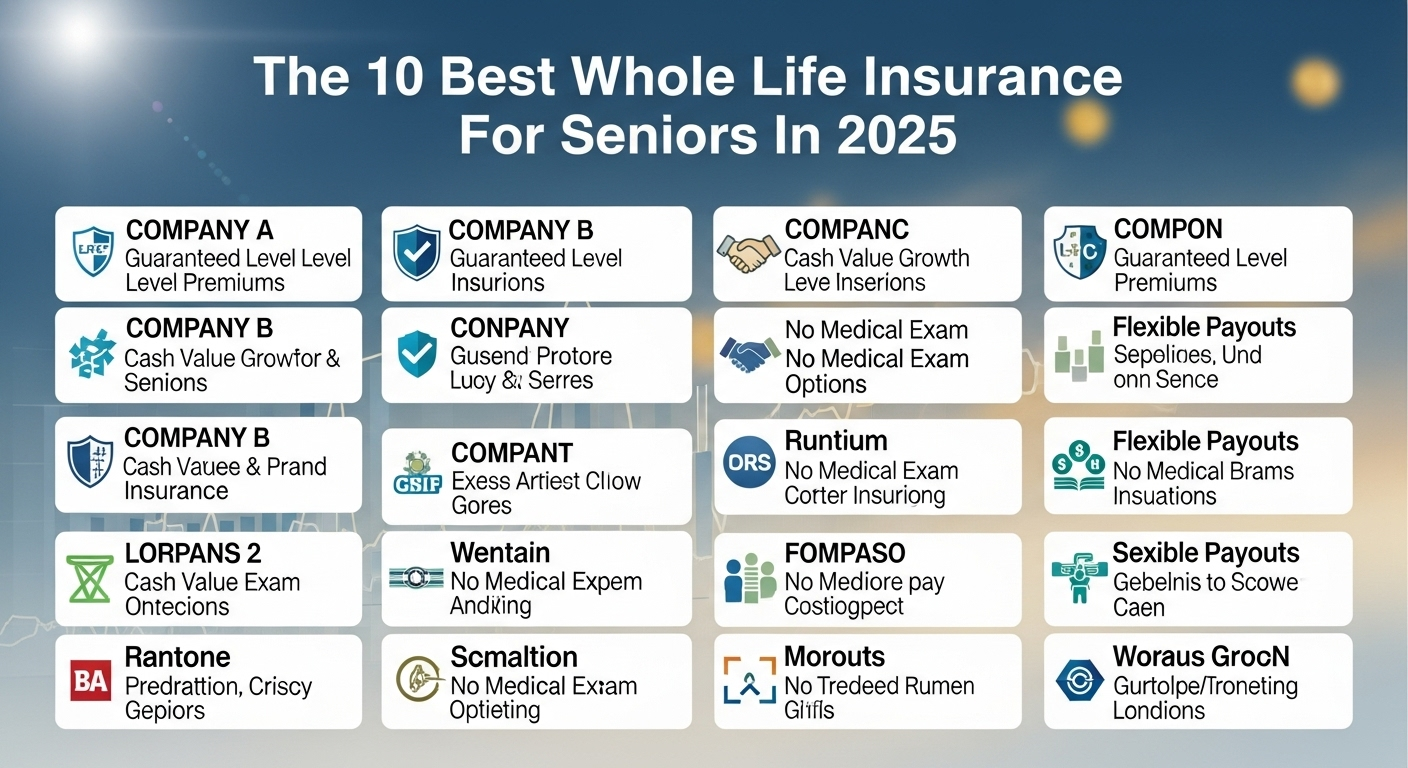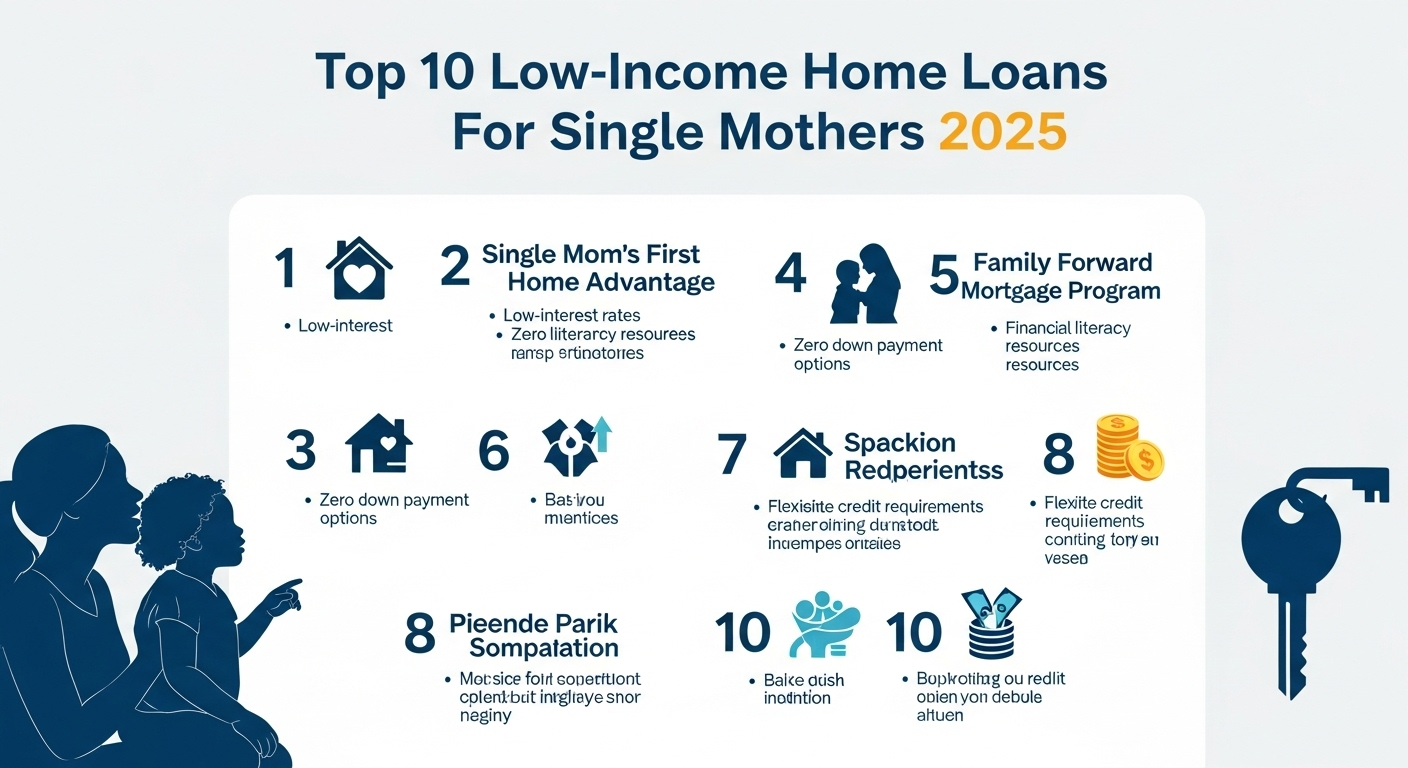
Let’s talk frankly. No one likes thinking about this stuff. The conversation about what happens after you’re gone is a heavy one. It often starts quietly, maybe after a friend passes away or after seeing a commercial late at night. The thought isn’t about dying; it’s about living. It’s about how the people you love will live on without you, and about not wanting to leave behind a financial mess.
For years, I’ve had these conversations with families. And at the heart of it is always one simple, powerful desire: peace of mind. The peace of mind that comes from knowing that the funeral costs, the medical bills, or that last credit card payment won’t become a burden for your children or your spouse.
And that’s where this specific tool, whole life insurance for seniors, comes into the picture. Forget the jargon and the complex charts for a minute. Think of it as a pre-paid solution for life’s final expenses. A way to handle a guaranteed cost at a fixed price you lock in today. It’s not an investment scheme; it’s a planning tool. A final act of care.
So, we’re not just going to list ten companies. We’re going to talk about what makes a company good for this specific need and who stands out. Because the “best” company isn’t always the one with the biggest name; it’s the one that best fits your story.
Before We Get to the Names, What Are We Actually Looking For?
When you’re over 60, the insurance game changes. The massive term life policies you might have had when the kids were young are gone. The goal is different now. We’re usually talking about smaller policies, maybe $5,000 to $50,000, specifically designed for a few key things:
- Covering funeral and burial costs.
- Paying off any small remaining debts.
- Leaving a small, thoughtful gift for grandchildren.
The policies that do this are often called “final expense” or “burial insurance.” They are, almost always, a type of whole life insurance. This means the rate you lock in never increases, the death benefit is guaranteed not to decrease, and the policy lasts for your entire life. It’s built for certainty.
There are two main flavors you’ll encounter:
- Simplified Issue: You answer a handful of health questions, but there’s no medical exam.
- Guaranteed Issue: You cannot be turned down for health reasons. No questions, no exams.
Guaranteed issue sounds great, but there’s a catch: it’s more expensive and almost always has a “graded death benefit,” meaning if you pass away from non-accidental causes in the first two or three years, your beneficiaries get back the premiums you paid, plus some interest—not the full policy amount. It’s a trade-off for the guaranteed approval.
A Look at Some of the Best Whole Life Insurance Companies for Seniors
I’ve looked at dozens of companies over the years. Some are great, some are just okay. This list represents companies that have consistently proven themselves in terms of financial stability, customer service, and offering real value to seniors. I didn’t just pull these out of a hat; I’m looking at their financial strength ratings (from places like AM Best), the simplicity of their application process, and their reputation. News organizations like Reuters often report on the stability of major financial institutions, and that stability is paramount here.
Here are some that consistently make the cut for 2025:
- Mutual of Omaha: A rock-solid name in this space. They are often my go-to recommendation for their great balance of price, customer service, and strong financial backing. Their simplified issue product is very competitive.
- AARP (through New York Life): You see the mailers for a reason. New York Life is one of the most respected insurers on the planet, and the AARP program is their dedicated channel for seniors. It’s trustworthy and straightforward.
- Aetna (a CVS Health company): They offer competitive final expense products and are particularly good for those who may have some moderate health issues but can still qualify for simplified issue.
- Bankers Life: They have agents all over the country and specialize in the senior market. They excel at in-person service, which many people still prefer.
- Gerber Life: While known for their “Grow-Up Plan” for kids, their guaranteed issue policy for seniors is a very popular and easy-to-understand option for those with significant health concerns.
- Prosperity Life: They are great at offering a few different plan options, which can help find a good fit if other carriers have declined you. They’re flexible.
- Royal Neighbors of America: As a fraternal benefit society, they often give back to the community and may offer members extra benefits. Their rates can be very good, especially for healthy senior women.
- Foresters Financial: Another fraternal organization that often has unique member benefits and competitive rates for final expense policies.
- American Amicable: Known for a quick and easy application process, they are a solid choice for seniors who want to get coverage in place without a lot of hassle.
- Transamerica: A huge, financially stable company with a long history. Their final expense products are reliable and backed by a name you can trust.
Choosing a path requires self-reflection, a journey that is explored in different ways at Liittle Wonder. In a way, financial planning is also a form of personal development.
FAQs People Actually Ask About This
Is whole life insurance for seniors just a waste of money?
That’s the big question, isn’t it? If you have enough savings to easily cover your final expenses and you’re not worried about leaving debts behind, then yes, you might not need it. But for the vast majority of people, this isn’t a tool for investment; it’s a tool for expense management. It allows you to pay for a known future cost (a funeral averages over $9,000) with small, fixed payments today. For many, that peace of mind is worth far more than the policy’s cost.
What if I have health problems? Can I still get coverage?
Yes. This is exactly what this market is designed for. If you have some controlled conditions like high blood pressure or diabetes, you can very likely qualify for a simplified issue policy. If you have more severe conditions like cancer or heart disease, a guaranteed issue policy is your safety net. You will not be denied coverage with a guaranteed issue plan.
How much does this type of insurance cost?
It depends entirely on your age, gender, the coverage amount, and which type of policy you get. A 65-year-old woman might pay $40-$60 a month for a $10,000 policy, while a 75-year-old man might pay over $100 for the same amount. The best way to know is to get a few quotes. Always remember, the price is locked in, so it will never go up.
Am I too old to apply?
Generally, you can get these policies up to age 85. Some companies even go up to age 89. So no, in most cases, you are not too old to secure a plan and ensure your final wishes are handled without causing financial strain on your family. The journey of life has many chapters, and planning is part of each one, a concept sometimes explored on sites like this one.





